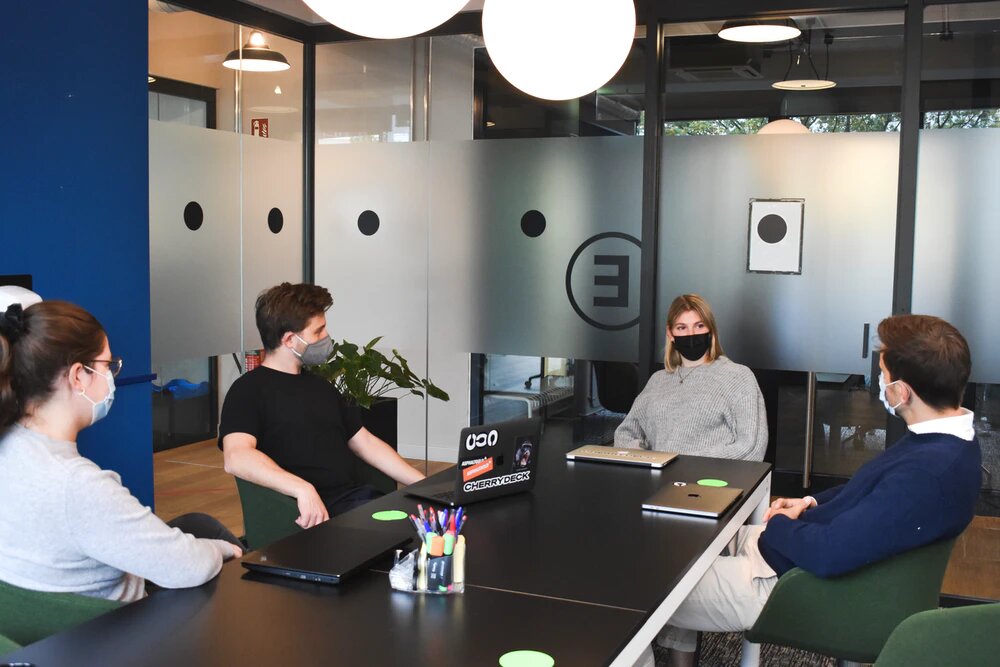
 Diversity has just breached another long-standing and socially destructive barrier. This time it is a famous Comic-book publication which has cast aside the notion that only white alpha males can be seen as heroes.
Diversity has just breached another long-standing and socially destructive barrier. This time it is a famous Comic-book publication which has cast aside the notion that only white alpha males can be seen as heroes.
The son of Superman, Jonathan Kent, himself a superhero, is portrayed in an openly gay relationship. Increasingly books, toys, movies and games used by children and adolescents are portraying the world at last as it is with all its complexity, diversity and richness.
The effect of this is likely to be that the next generation will grow up accepting that people of colour, members of the LGBTQI community, people with a disability, and of course , women are simply part of the montage of life. Perhaps they will then enter adult life without having to unlearn the biases and stereotypes which are part and parcel of the way the current adult population perceives things. For those of us at Symmetra who work with organisations trying to disrupt the harmful effects of unconscious bias this is a development that we welcome with open arms!


















